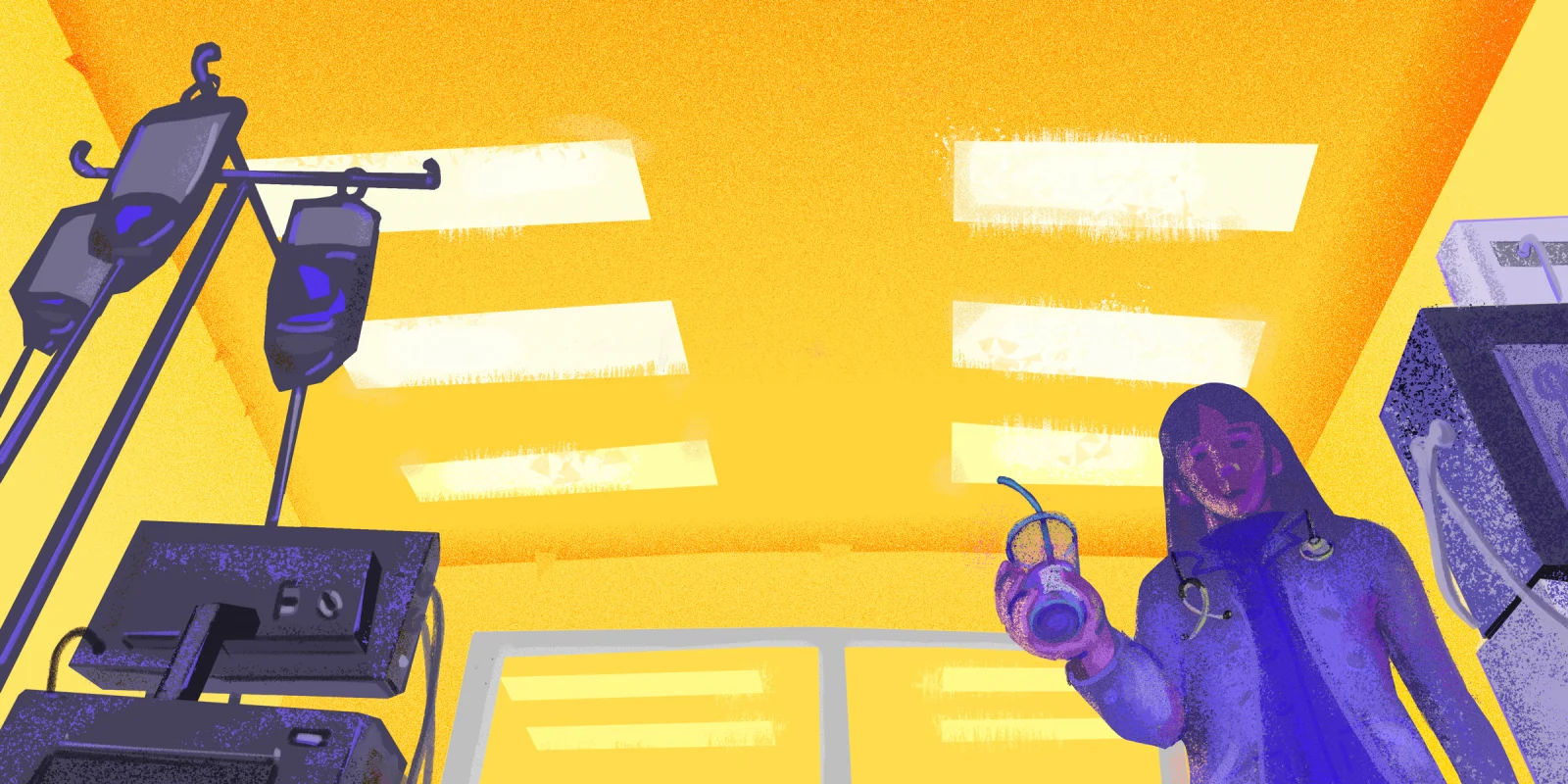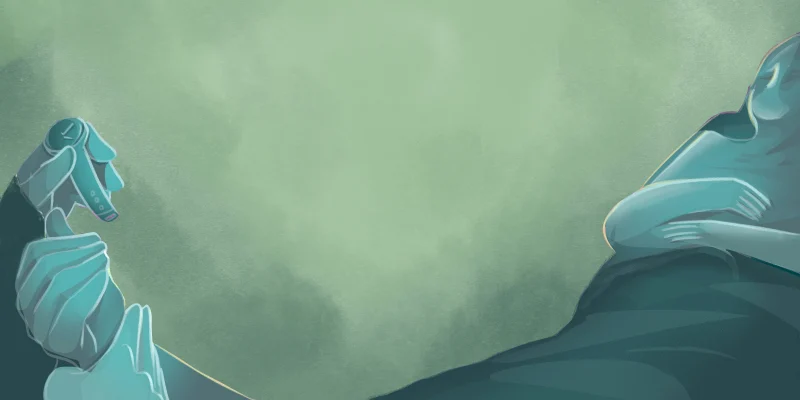The ICU is the last place a family or person ever wants to be. But if you were sick enough to find yourself in the ICU, would it only matter if you made it out alive?
Survival in the ICU is often used as a measurement of success in studies of critical illness. The same outcome shows up in a variety of diseases: acute respiratory distress syndrome, septic shock, traumatic brain injury. When mortality becomes the important outcome to measure, it sends the message that the primary concern for the study subject (i.e., the patient) is reduced to their survival until ICU discharge. Quality of life afterward becomes an afterthought.
In the field of pediatric critical care research, survival to ICU discharge is often viewed as an important outcome to measure. I am a clinician scientist, so I wear two hats. As a pediatric intensivist, I care for patients and their families. I apply the best care medicine has to offer, and I make sure to consider both their ability to survive the ICU and to maintain a worthwhile quality of life. As a researcher, I focus on study subjects. I evaluate primary and secondary outcome measurements to detect differences in cohorts due to exposures or interventions. As a scientist, a person (even a child) is reduced to a number. One among many. As a clinician, I sit face-to-face with parents and tell them their child will die, despite all that modern medicine has to offer. One becomes only.
Recently, a different and refreshing outcome measure has entered the literature and more recent studies now ask “What does that survival look like?” A Dutch study of adult COVID-19 survivors who fell ill and required an ICU stay during the first four months of the pandemic asked this same question. They found physical symptoms were reported by almost 75% of the study cohort, including pain, numbness, weakness, and ongoing lung disease. In addition, more than 1 in 4 patients reported ongoing mental health issues such as anxiety, depression, or PTSD. These survivors are patients who made it out of the ICU alive, which is certainly one measure of success. But did we really execute our job successfully? And can we do better at the bedside?
Again, one must wonder, is survival always better than death? Is survival important no matter the effects of an ICU stay on a person’s life afterward? As an intensivist, I was also trained in counseling families when their child is unlikely to meaningfully recover. As a researcher, this compels me to focus on an outcome other than survival. A person is far greater than a binary selection of 1 or 2. I want my study subjects to be more than a database entry of “Death: Yes or No?”
When a child leaves a pediatric ICU, they are often directed to follow-up with their pediatrician, maybe with the addition of a subspecialist. In neonatal critical care, the long-term neurodevelopmental outcomes of prematurity and a stay in the neonatal ICU have been studied extensively. Specific follow-up of the effects of a pediatric critical illness is a concept that remains in its infancy.
A search of adult literature yields an abundance of recent research delving into the quality-of-life patients experience after an ICU stay. In his book “Every Deep-Drawn Breath,” Dr. Wes Ely wrote about his life’s research in maximizing a patient’s ability to return to their former life following an ICU stay. Simple tools, like the ABCDEF bundle, which include daily awakening and breathing trials and delirium assessments, have changed standard of care in ICUs. This simple bundle helps prevent what has been termed post intensive care syndrome, a range of effects that patients experience long after their ICU stay.
Our hope is that once a child has overcome a severe illness, that they will quickly return to their life before – one ideally filled with joy, laughter, school, and friends. Our reality is that children are far from immune to the cognitive and physical sequelae of a critical illness and an ICU stay. Studies have shown, like adults, they also have impairments long after discharge from the hospital. Increasingly, studies are incorporating outcomes outside the hospital and after discharge when evaluating the effectiveness of a treatment or study intervention.
Ideally these studies and outcomes should include the burden of recovery on the patient, as well as the family. What is the real economic burden of a PICU stay? How long after a PICU stay does it take for a family to financially recover? What if a patient leaves the PICU dependent on technology? Can they return to their school, or must they now attend a school farther away from home? If they can attend school at all. Discharges from the hospital are not always to home but may be to a long-term pediatric care facility or inpatient rehab. Technology may signify an important complication from an illness, but many children have high quality, rewarding lives despite technology. The difference is the strain on caregivers. No longer can a teenage babysitter pop in so Mom and Dad can go out. Some children require specially trained caregivers or even nurses.
Due to the inherent nature of child development, there are many barriers to adequately study the effects of the pediatric ICU on them: their minds and bodies are still developing and growing for the first two decades of their life. A renewed call to address the outcomes of children has been issued to standardize the way we capture outcomes in this dynamic and unique population. As intensivists, we may be able to keep death at bay, but we can easily create a whole new set of problems.
I make the following promise to my patients and my colleagues. As a clinician, I will advocate for more support of my patient and their family after discharge. As a researcher, I will pursue the outcomes that matter not only at the bedside, but beyond the institution of medicine.
Being dead or alive at ICU discharge is not the only outcome that matters.
What metrics would you create for ICU success? Share your parameters in the comments.
Dr. Eleanor Gradidge is a pediatric intensivist in Omaha, Nebraska. She is passionate about providing care to both her patients and their families. In her free time, you will find her enjoying the outdoors with her family in any way possible. Dr. Gradidge is a 2022–2023 Doximity Op-Med Fellow.
Illustration by Jennifer Bogartz







